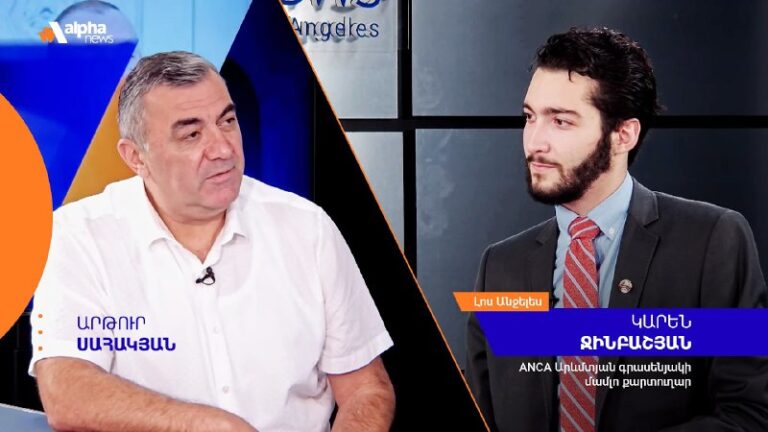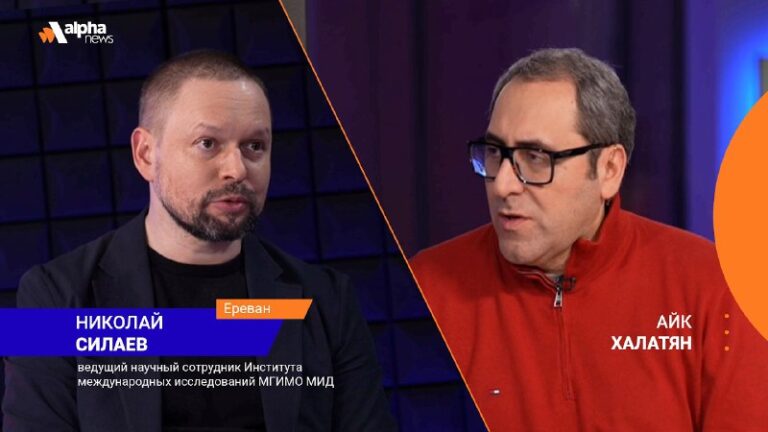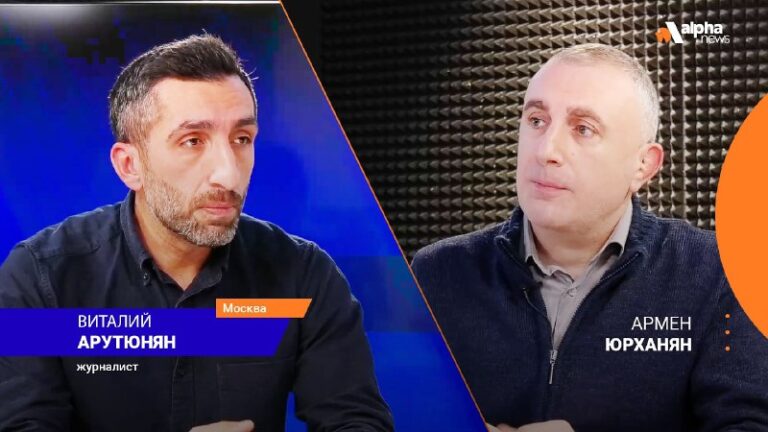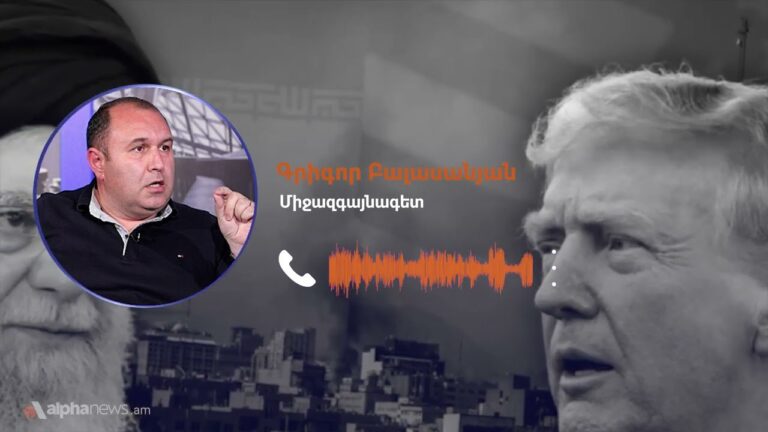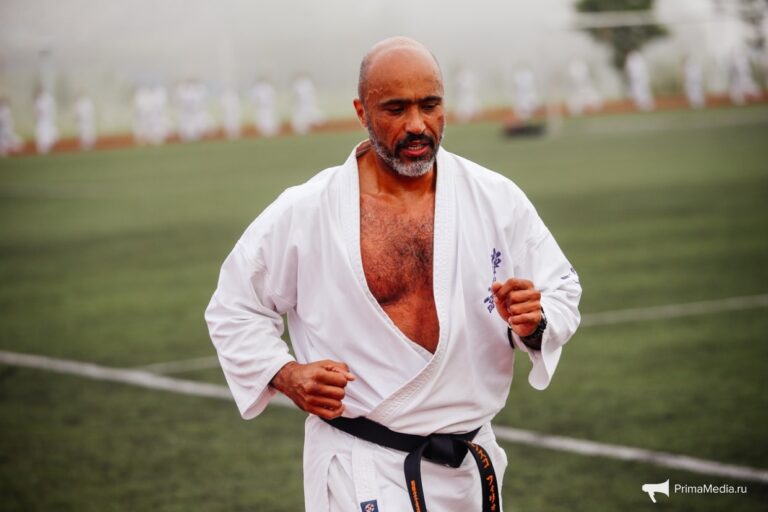Who helped Aliyev change the ‘situation on the ground’?
September 25 2024, 12:11
Over the past few days, various speeches have been made in different parts of the world, which, however, are united by one topic—the topic of the future of Armenia and the Armenian statehood as such.
Speaking to students in Armenian Stepanakert, Ilham Aliyev said that officials from different capitals of the world repeatedly stated that this conflict has no military solution. He also noted that Baku was forced to come to terms with the results of the First Karabakh War.
In other words, Aliyev destroyed Pashinyan’s thesis that since 2007 (well, since 1999, or since 1994, or since 1991, or even since 301… the dates are different as the “leader of the velvet revolution” makes contradictory statements) the topic of Karabakh was closed to the international community in the context of the so-called territorial integrity of Azerbaijan.
However, the most important thing in Aliyev’s speech is that the position of various world capitals was influenced by the results of the First Karabakh War, which ended with Armenia’s victory in 1994. In other words, to change the status quo in the diplomatic field, Aliyev needed a victory on the battlefield. And to achieve victory on the battlefield, Baku needed Turkey’s help, as well as the outright sabotage of a number of forces in Armenia…
For the second time, the situation “on the ground” and on the diplomatic “battlefield” changed in 2022 when Nikol Pashinyan surrendered Artsakh to Azerbaijan in Prague, after which Baku began the blockade of Artsakh, and then completed everything with ethnic cleansing in 2023. After the ethnic cleansing that led to the displacement of Armenians, the positions of a number of world capitals changed. The perception of the current situation as an objectively existing reality is due precisely to the “situation on the ground”. Since Artsakh was left without Armenians and Yerevan is not fighting for the rights of the Artsakh people, therefore the capitals of the world are silent.
Statements made by Azerbaijani President Ilham Aliyev at the first meeting of the parliament indicate that Baku has not given up its strategic task: to change the “situation on the ground”, achieve military success in the war with Armenia, and then impose on Yerevan a format of “coexistence in the region”, the result of which will be Armenia’s repetition of the fate of Artsakh.
Aliyev said that the number one priority for them is to build up military power.
Compare Aliyev’s speeches with Nikol Pashinyan’s speech in New York. He, albeit covertly, but again defended the thesis that “our defeat” (the loss of Karabakh) is our victory, and today, thanks to this, “Armenia can look into tomorrow” and “There is a future.”
And here a logical, or, as Pashinyan himself would say, legitimate, question arises: if “the situation on the ground in relations with Armenia changes again,” where will Pashinyan speak this time (on some podium or from some bunker)? And will he say that “the loss of statehood has given the residents of Armenia a chance to move to established democracies” and that this is a big victory?
In other words, both Pashinyan and Aliyev talked about the same thing; they just said it in “different languages”. One said it in the context of preparing for a new war, the second said it in the context of the fact that a new defeat can be represented as a victory.
Think about it…

